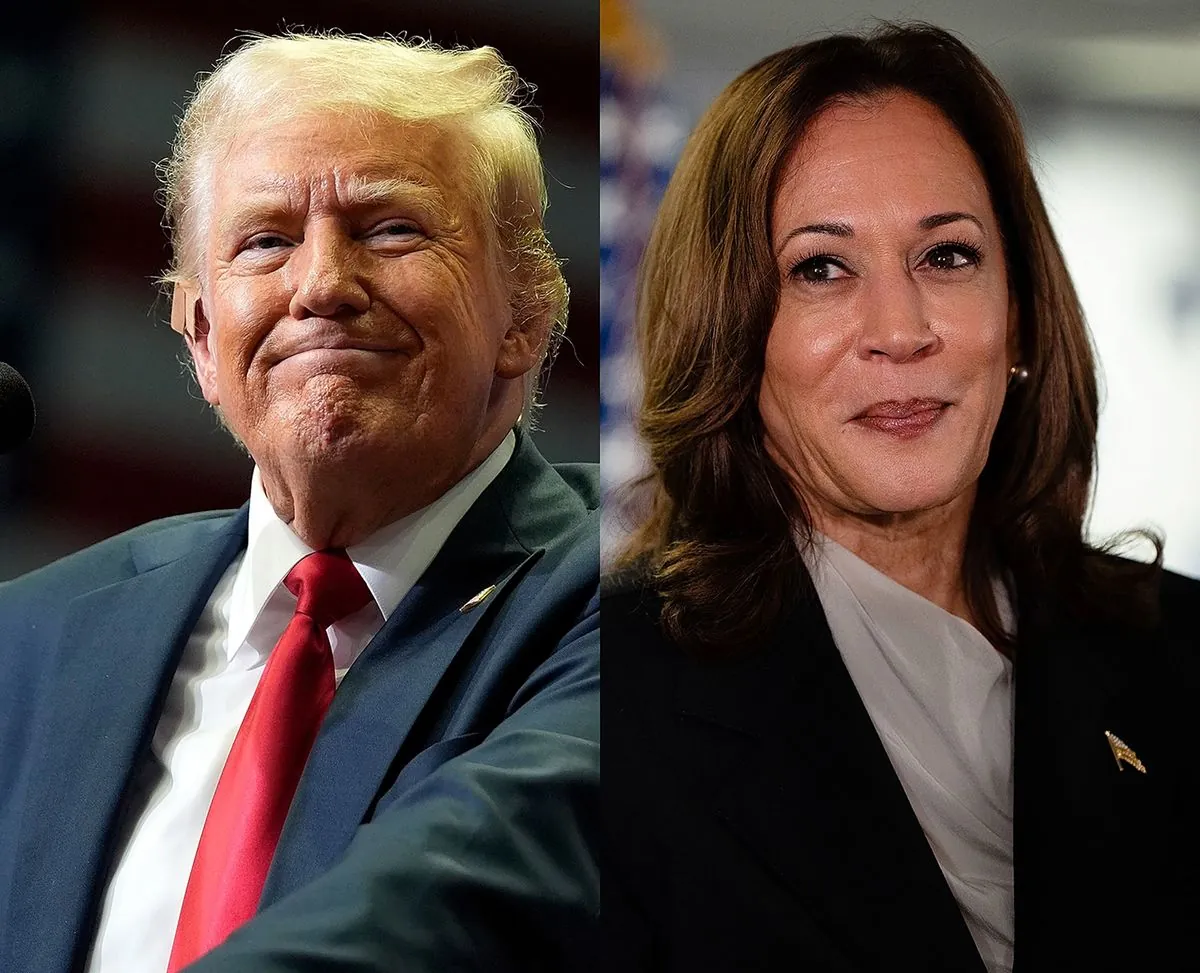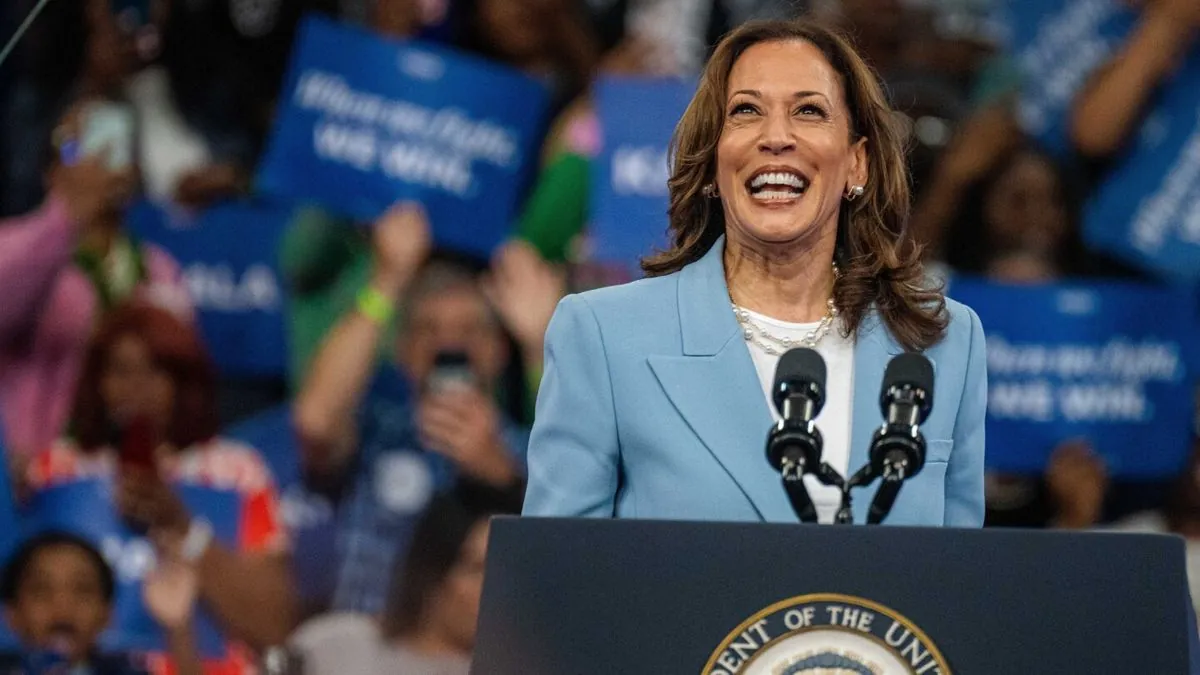Harris's Poll Surge Plateaus as Presidential Race Tightens
Vice President Kamala Harris's initial polling surge after replacing Biden has stalled. The presidential race is now a toss-up, with Pennsylvania emerging as a crucial battleground state for both candidates.

In recent weeks, the U.S. presidential campaign has taken an unexpected turn with Vice President Kamala Harris stepping in as the Democratic nominee, replacing President Joe Biden. Initially, this change appeared to breathe new life into the Democratic campaign, with Harris gaining ground in national polls and key battleground states. However, the latest data suggests that this momentum may be slowing down.
When Harris first took over the ticket, the outlook for Democrats was bleak. Former President Donald Trump had been leading in national polls and was ahead in all seven battleground states. The situation has since evolved, with Democrats now leading nationally and in crucial Rust Belt states like Pennsylvania, Wisconsin, and Michigan. Harris has also made significant progress in Sun Belt swing states such as Arizona, Nevada, Georgia, and North Carolina.

Despite these gains, recent polls indicate that Harris's rise may have plateaued. Several high-quality surveys, including those from the New York Times/Siena College and Pew Research Center, show a tight race, with some even suggesting a slight lead for Trump. This shift has prompted analysts to reassess the state of the race and consider potential explanations for the changing dynamics.
One crucial factor in this election is the importance of Pennsylvania, a state with 20 electoral votes that could prove decisive. Current polling averages show Harris with a slim two-percentage-point lead, but recent polls suggest an even tighter contest. The significance of Pennsylvania cannot be overstated, as winning this state could be pivotal for either candidate's path to the required 270 electoral votes.
"Pennsylvania is something of a must-win state, because the candidate who loses it will have a very hard time otherwise putting together a path to 270 electoral votes, which is what's needed to win."
Several factors may contribute to Harris's polling plateau. One possibility is that her "convention bounce" – the temporary increase in poll numbers following a party's national convention – may have already occurred when she became the nominee. Historical data from the American Presidency Project shows that convention bounces have been smaller in recent election cycles, possibly due to increased political polarization and engagement.
It's worth noting that the current political landscape is highly polarized, making it challenging to significantly shift public opinion. The 2020 presidential election saw record-breaking voter turnout, with over 155 million votes cast, indicating a highly engaged electorate. This level of engagement may contribute to the stability of polling numbers for both candidates.
As the campaign enters its final stretch, the race is now considered a toss-up. This represents a significant shift from earlier in the year when Trump held substantial leads in many battleground states. Harris's nomination has opened new paths for Democrats, making the race more competitive in both the Rust Belt and Sun Belt states.
The upcoming presidential debate could potentially influence the race, although recent history suggests that debates may have limited impact on overall polling trends. Nonetheless, with the race so close, even small shifts in public opinion could prove decisive.
As the campaign continues, both candidates will likely focus their efforts on key battleground states, with Pennsylvania emerging as a central battleground. The use of social media and digital campaigning strategies will play a crucial role in reaching voters, especially given the constraints imposed by the ongoing global health situation.
In this tightly contested race, the possibility of an "October surprise" – a late-breaking news event that could dramatically impact the election – remains a wild card. Additionally, the potential influence of third-party candidates in splitting the vote in crucial states adds another layer of complexity to an already unpredictable election.
As Election Day approaches, both the Harris and Trump campaigns will be working tirelessly to secure every possible vote in what promises to be one of the most closely watched and consequential elections in recent U.S. history.


































